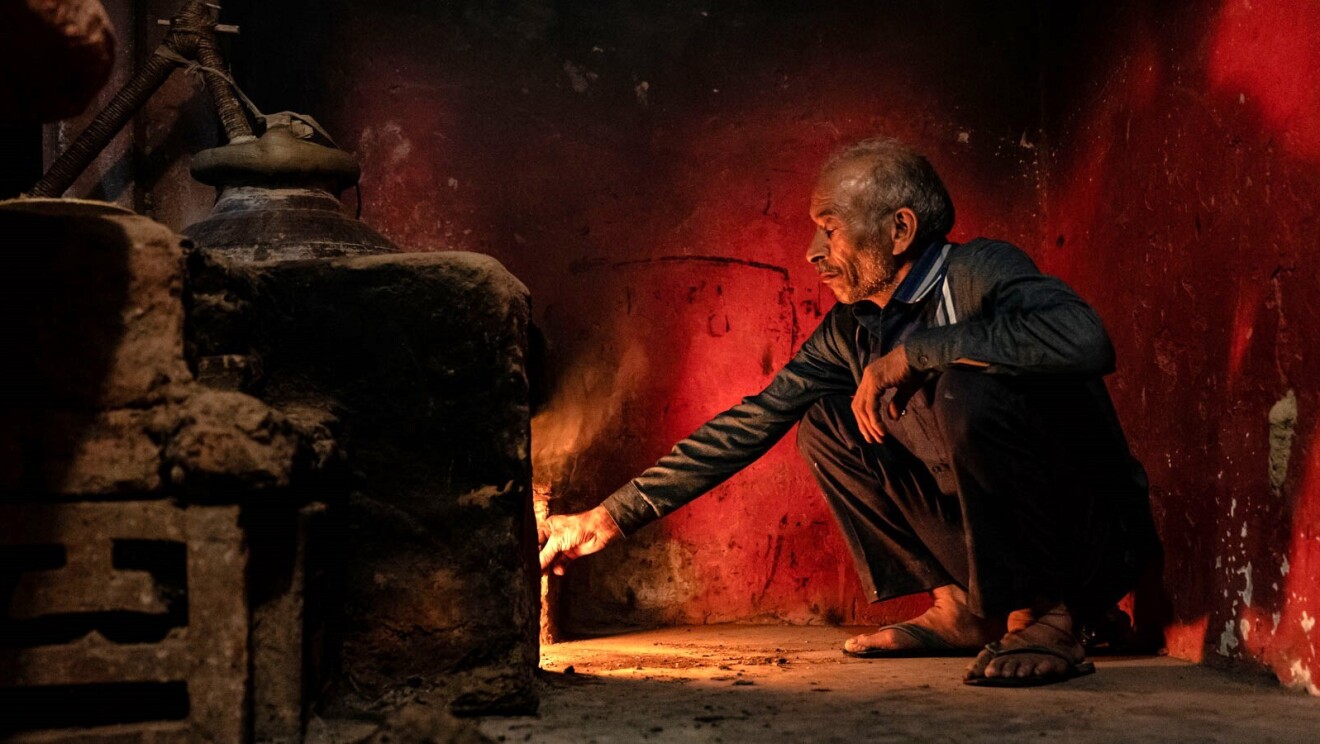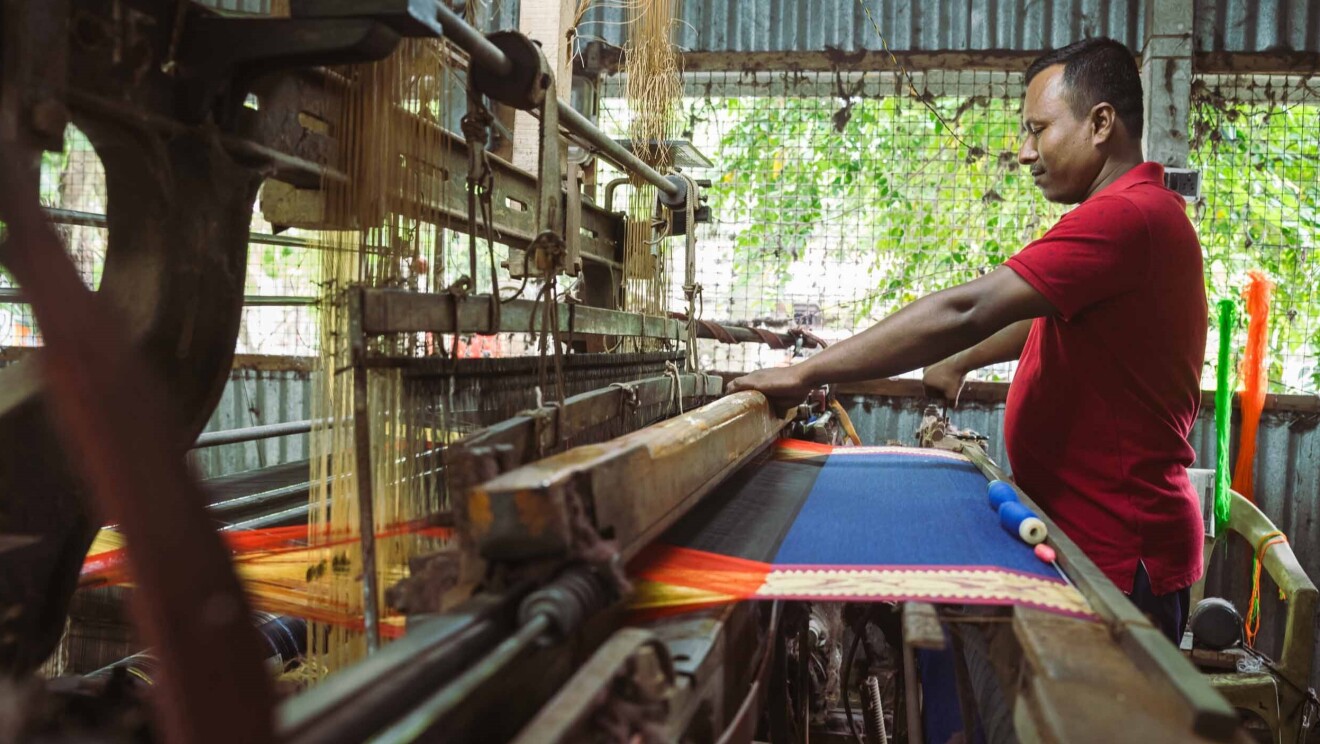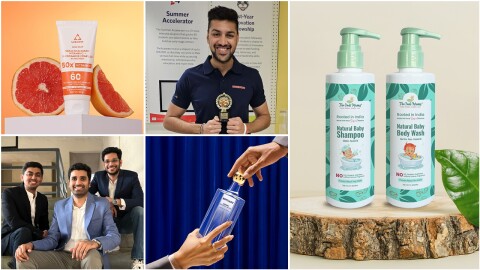Vrindavan, a town steeped in timeless devotion and mythology, lies just a short drive from Agra but offers a world that is quite different from the bustling streets of the city of love. Ancient rituals blend seamlessly with people’s daily existence. Narrow lanes are lined with shops selling prayer books, idols, sweets and flowers. The sound of temple bells echoes through the bylanes of the town, and crowds of devotees carefully coexist with moments of serenity.
Vrindavan is also home to Devgandha, an agarbatti SMB started by brothers Prateek Pandey and Prabhaat Pandey. Prateek, a B.Com Honors graduate from Delhi University, decided to branch out from his family business, Sandal House, which manufactures incense sticks. “The world was moving online, it was time to change things a little at our end too. I started a website, a Facebook page and set up ads for Instagram too. I watched a lot of YouTube videos to understand SEO practices and social media hygiene. It felt good to see the effort turn into results.” says Prateek. The growing volume of sales allowed them to invest in further research, which eventually led to expanding the family business into essential oils, perfumes and air fresheners too.
In early 2023, a friend introduced us to the Amazon's Karigar program, and by September, we officially registered as a seller. Now, celebrating our second Diwali with Amazon, we're excited to see our sales continue to grow!
While Prateek looks after the majority of the business operations, his brother Prabhaat focuses on product development.

Devgandha’s connection with Kannauj, India’s perfume capital
The Pandey brothers come from a long lineage of incense makers known for crafting high-quality incense sticks for over four decades. Through their family business, Sandal House, the Pandeys have built a global reputation, exporting agarbattis in wholesale quantities and establishing a strong presence in international markets. This legacy has roots in Kannauj, better known as India’s perfume capital, a town 283 km away from Vrindavan.
The intricate process of making agarbatti sticks
The raw material or the base fragrance used to make the incense sticks is first made in Kannauj, after which they are transported to the factory in Vrindavan. Here, Prabhaat indulges in several permutations and combinations to create new blends from these base fragrances. “We want to share the smell of the temples of Vrindavan with the rest of the country. We want to break free from the usual fragrances popular in the market, and all our blends must offer a fresh perspective on Indian smells, rituals, and traditions,” says Prabhaat.

The process of making agarbattis begins with the careful selection of wood dust, which serves as the primary material for the incense sticks and cones. This wood dust is sourced from Karnataka, and is made from a combination of Maidawood powder, joss powder and bark powder of the Persea Macrantha tree. This is then mixed with various natural binders (like gum and resins) to create a dough-like consistency.

Once this base is prepared, they’re left to dry. Once dry, these cones and sticks are dipped into the fragrance. Following this, they are left to dry completely, allowing the scents to settle and mature. Once dried, each incense stick is weighed to ensure quality and consistency. Finally, they are packed into bags and placed into sturdy boxes, ready to be shipped to customers.
This entire process takes up to 3 days.





Devgandha offers a selection of around 20 fragrant agarbattis, with each pack containing 100gm of incense sticks. Overall, Devgandha produces around 200-250 kg of incense sticks every month.
Rooted in tradition
Their packaging features images of Krishna with the gopis in Vrindavan’s temples, reflecting the brand's deep connection to tradition and its commitment to preserving a rich cultural legacy. The fragrances too are uniquely Indian, drawing inspiration from the scents deeply embedded in the country’s culture and daily life. Kesar, jasmine, sandalwood and Vrindavan flowers are some examples of the wide range of fragrances available. The different fragrances of incense sticks are also given distinct Indian identities with names like Nitya, Kasturi, Nidhivan, Rudraksha and more.

Empowering the community
The majority of the workers in Devgandha’s set up are women. “These are women who are either the only earning members of large, dysfunctional families, or single women trying to learn more about business, or those escaping troubled marriages,” shares Prateek. “But we don’t want to highlight the stories of our workers in order to get sales, our products are good enough and we’re confident of our legacy.” The company’s commitment to authenticity and confidence in their craft are sufficient to attract and retain customers, the founders believe.

Growing the online business
Maharashtra and Gujarat are Devgandha’s two biggest markets, but the founders have set their sights on increasing their reach to all of India. “We don’t get sales locally, and that’s because of our price point. We want to be a pan-Indian brand trusted for our legacy and unique blends. People in the local community have too many local options available and we understand that our incense sticks may be expensive compared to what they are used to,” says Prateek. While social media leads to good sales on the website, the brothers hope to get noticed through Amazon during the ongoing Great Indian Festival 2024. “It’s our second year with Amazon. With the Amazon Great Indian Festival upon us, we’re gearing up to see how people react to our products. We take our customers very seriously” quips Prateek. They connect with their customers regularly, asking them for feedback over emails and calls.
(Within just the first 48 hours of Amazon Great Indian Festival 2024, SMBs—including women entrepreneurs, weavers, and artisans—sold over 1,500 products per minute. 8,000+ SMBs clocked their biggest ever single-day sales.)
The brands and artisans behind incense sticks continue to play a crucial role in our celebrations not just during festivities, but also in our daily rituals. As we light these incense sticks, remember the hands that shaped them and the traditions they uphold. As we come together to celebrate community, let’s also include these products that offer a connection to the rich heritage of our country.
At Amazon, we enable sellers of all sizes to start their online selling journey. Small and medium businesses are the backbone of the Indian economy and Amazon.in has made a commitment to digitally empower 10 million small and medium businesses by 2025. To get started, here’s a complete guide on how to become a seller on Amazon.in. You can also register for the Amazon Karigar program here.
















